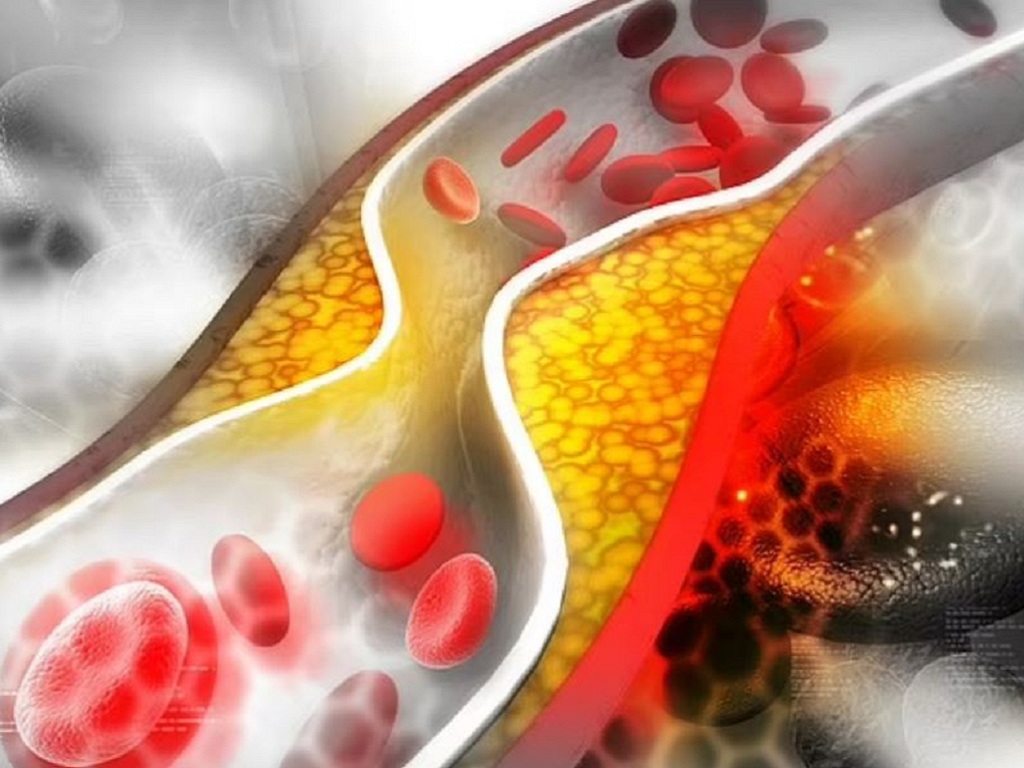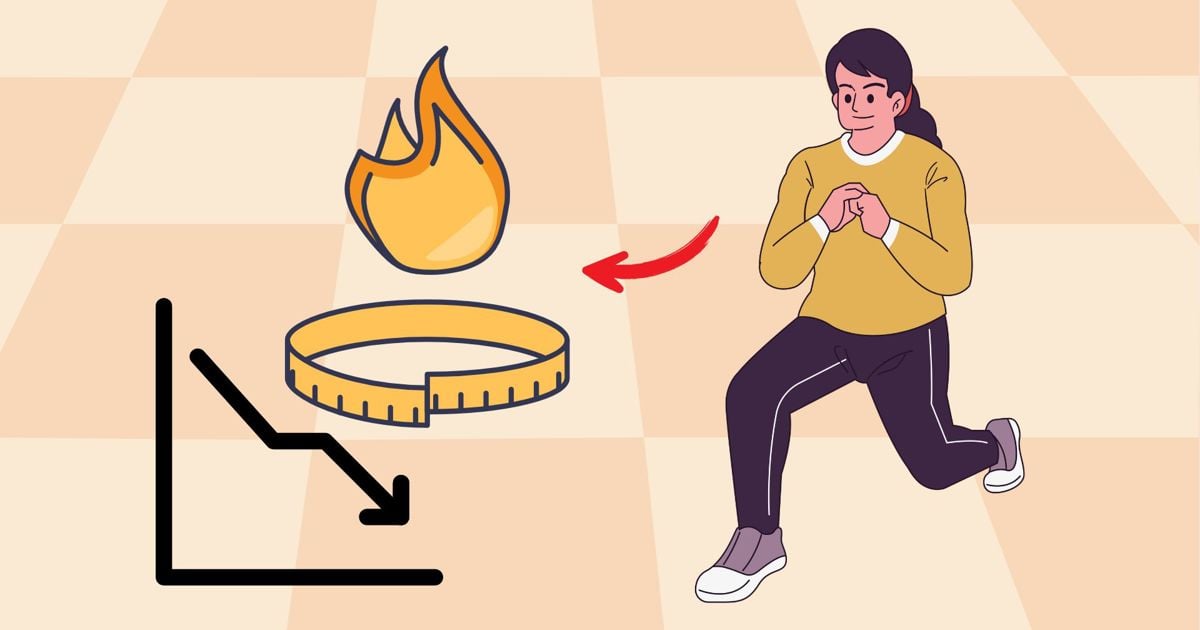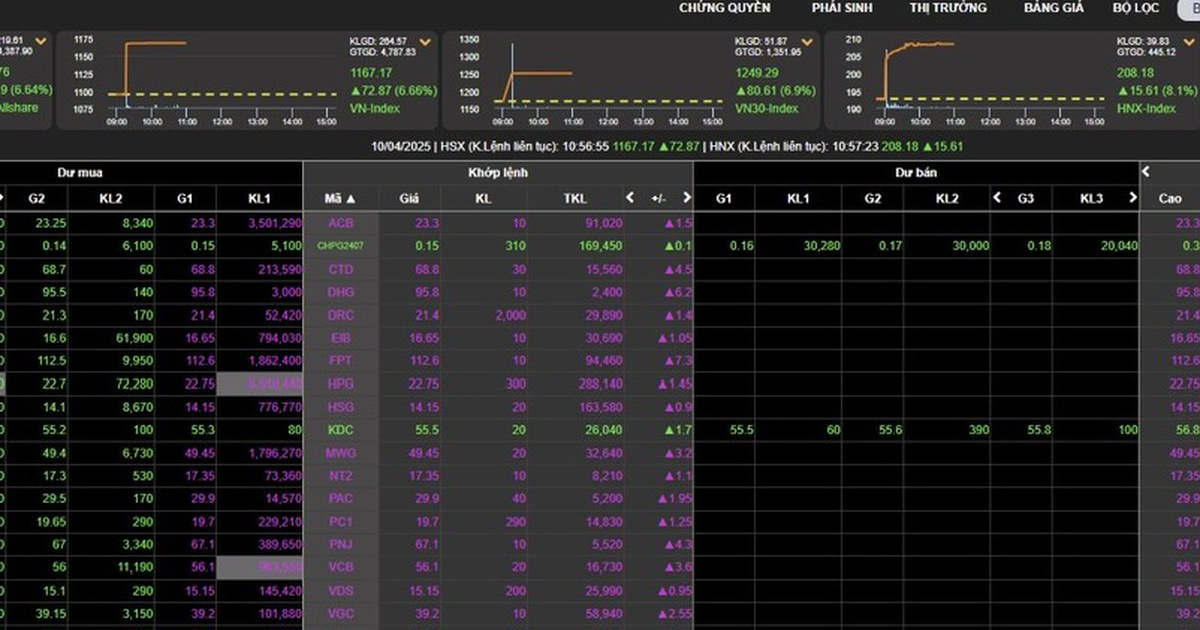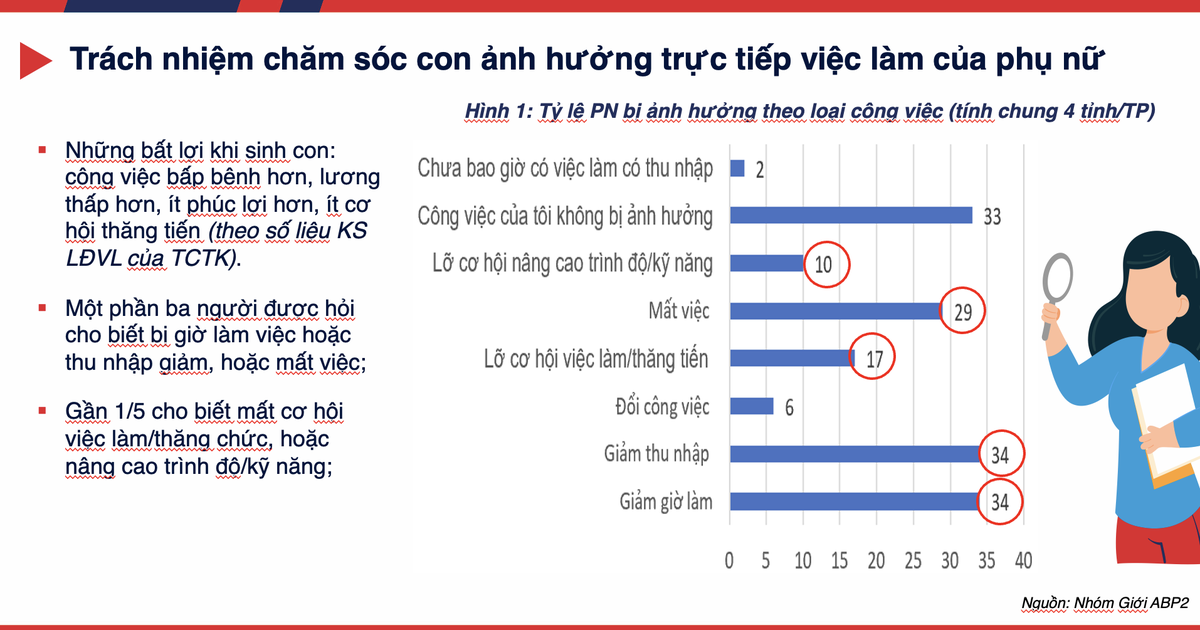Understanding the relationship between weight and blood pressure is important for maintaining heart health. When we are overweight, our bodies need more oxygen and nutrients to function properly. As a result, the heart has to work harder to pump blood throughout the body, leading to high blood pressure, according to the health information site Everyday Health (USA).

Gaining weight causes more cholesterol plaques to build up in the blood vessels, which increases blood pressure in the artery walls.
In addition, being overweight or obese can easily cause atherosclerotic plaques to form in the blood vessel walls, narrowing the blood vessels and accumulating fat, thereby increasing blood pressure.
Furthermore, excess body fat often leads to other risk factors for high blood pressure, such as insulin resistance, inflammation, and hormonal imbalances. These factors contribute not only to high blood pressure and diabetes, but also to many other health problems.
Losing weight is essential in this case. Studies have shown that even modest weight loss can have a positive impact on blood pressure, as well as improve mobility and overall health.
In addition, patients should also note that the impact of weight loss on blood pressure can vary from person to person. This depends on factors such as genetics, overall health status and underlying diseases.
To lose weight effectively, people need to combine healthy eating habits with regular physical activity. With diet, people with high blood pressure need to limit salt and harmful fats in their daily diet. At the same time, increase the intake of fruits, vegetables, whole grains and lean meats rich in protein.
By following a balanced, nutrient-rich diet combined with regular exercise, people with high blood pressure can effectively control their condition, reducing the risk of complications as well as developing other chronic diseases such as diabetes, heart disease and stroke, according to Everyday Health .
Source link


![[Photo] April Festival in Can Tho City](https://vstatic.vietnam.vn/vietnam/resource/IMAGE/2025/4/10/bf5ae82870e648fabfbcc93a25b481ea)



![[Photo] Prime Minister Pham Minh Chinh commends forces supporting Myanmar in overcoming earthquake consequences](https://vstatic.vietnam.vn/vietnam/resource/IMAGE/2025/4/10/e844656d18bd433f913182fbc2f35ec2)
![[Photo] Opening of the 11th Conference of the 13th Party Central Committee](https://vstatic.vietnam.vn/vietnam/resource/IMAGE/2025/4/10/f9e717b67de343d7b687cb419c0829a2)























![[Photo] Reliving the heroic memories of the nation in the program "Hanoi - Will and belief in victory"](https://vstatic.vietnam.vn/vietnam/resource/IMAGE/2025/4/10/19ce7bfadf0a4a9d8e892f36f288e221)



























































Comment (0)